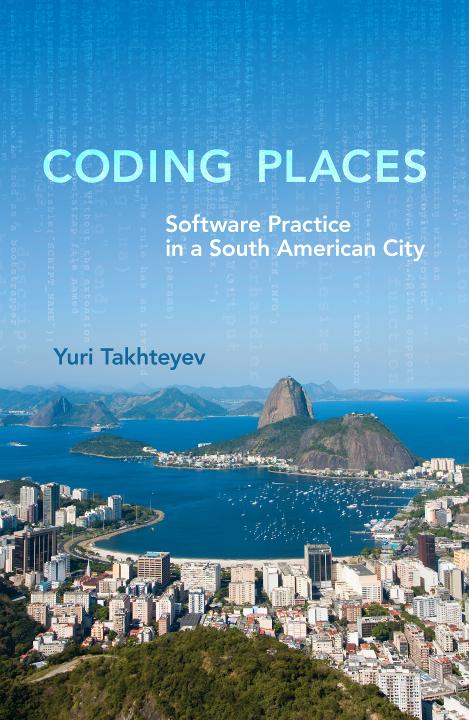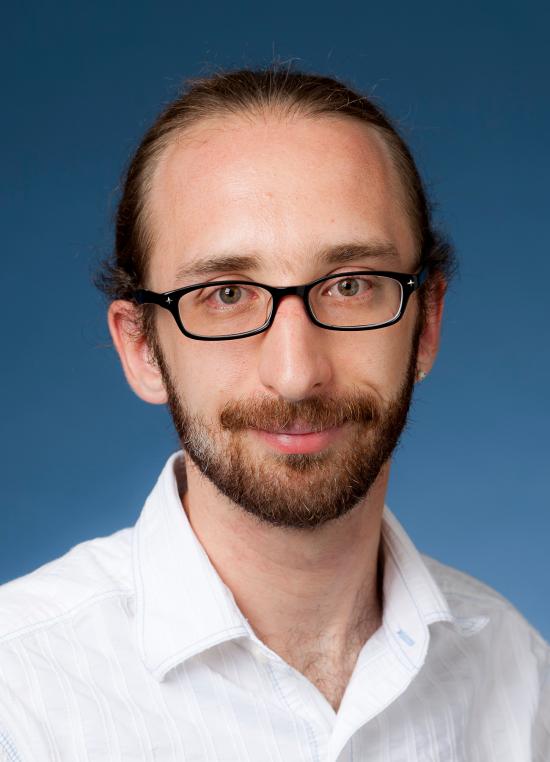Software development would seem to be a quintessential example of today’s Internet-enabled “knowledge work” — a global profession not bound by the constraints of geography. In Coding Places, School of Information alumnus Yuri Takhteyev (Ph.D. 2009) looks at the work of software developers who inhabit two contexts: a geographical area — in this case, greater Rio de Janeiro — and a “world of practice,” a global system of activities linked by shared meanings and joint practice.
The work of the Brazilian developers, Takhteyev discovers, reveals a paradox of the world of software: it is both diffuse and sharply centralized. The world of software revolves around a handful of places — in particular, the San Francisco Bay Area — that exercise substantial control over both the material and cultural elements of software production. Takhteyev shows how in this context Brazilian software developers work to find their place in the world of software and to bring its benefits to their city.
By bringing to light the work that peripheral practitioners must do to give software its seeming universality, Takhteyev offers a revealing perspective on the not-so-flat world of globalization.
Yuri Takhteyev is an assistant professor at the University of Toronto in the Faculty of Information and the Institute of Communication, Culture, and Information Technology. Takhteyev grew up in the Soviet Union, worked in Silicon Valley, and competed his Ph.D. at the UC Berkeley School of Information.
Coding Places was published last month by MIT Press.











